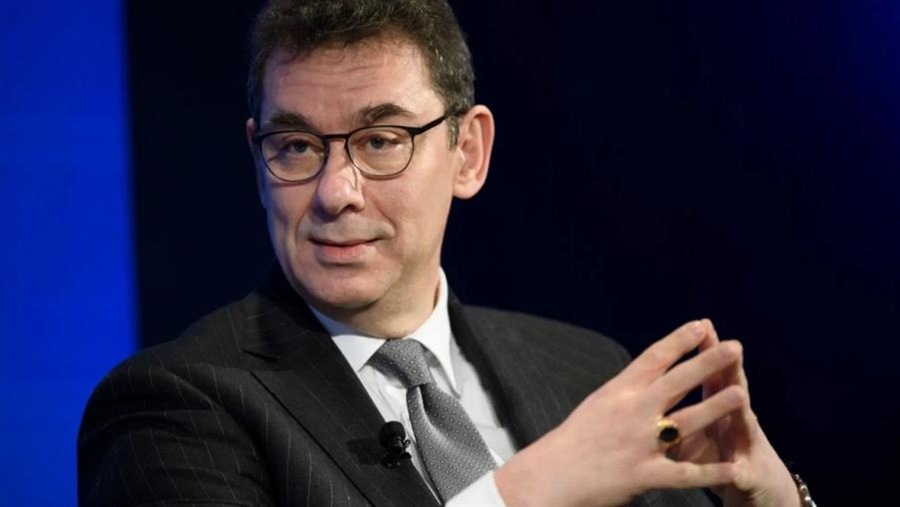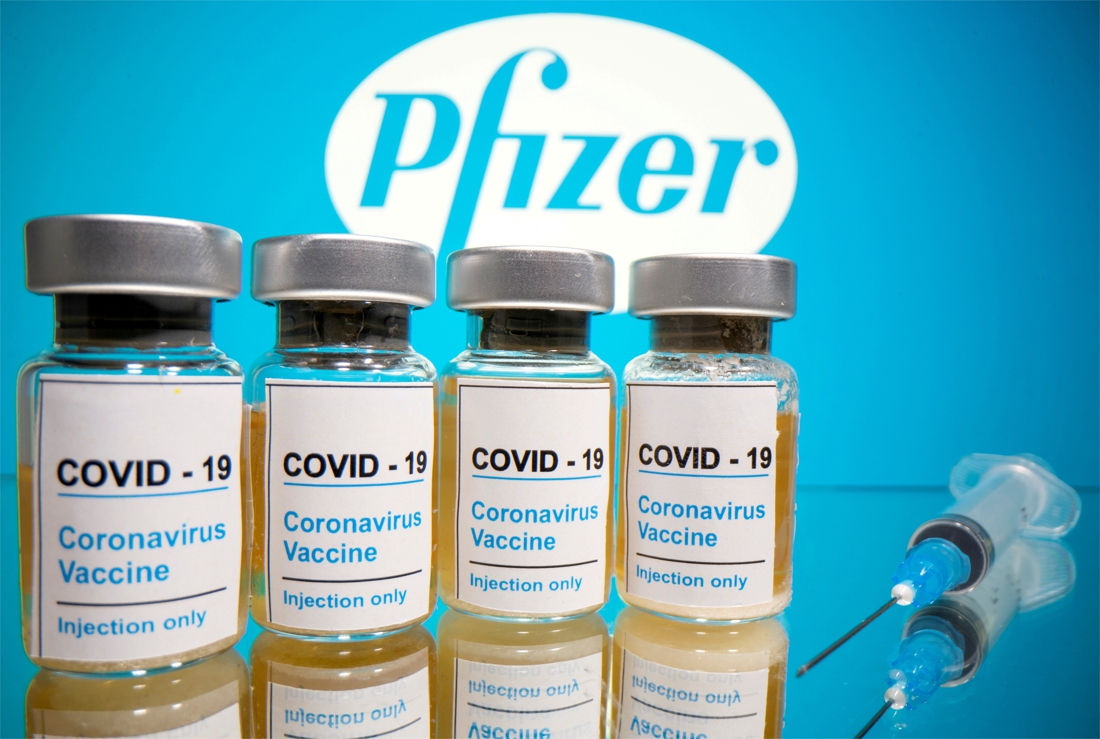Pfizer Inc. is an American multinational pharmaceutical and biotechnology corporation. With its headquarters in Manhattan, New York, the company was established in 1849. Two German immigrants, Charles Pfizer and his cousin Charles F. Erhart established the company. Who owns Pfizer in 2021?
The pharmaceutical company develops and produces medicines and vaccines for immunology, oncology, cardiology, neurology, and endocrinology.
Pfizer saw a rise in revenue after the Covid-19 pandemic, thanks to the vaccine the company produced in cooperation with BioNTech.
Content Compass
Who Owns Pfizer?
Pfizer saw its stock rise during the coronavirus pandemic. For example, Pfizer stock was as low as $27 in March 2020. They went up to as high as $50 during the pandemic. As of October 2021, stocks of the company are at $43, and the market value is estimated at $241 billion.
The company applies science and global resources to bring therapies to people that extend and significantly improve their life. Pfizer strives to set the standard for quality, safety, and value in the manufacture of health care products. Their global portfolio includes medicines and vaccines for different health problems.
The company is headquartered in the US, and it is a publicly-traded company. The largest shareholders of the company are mutual funds.
The Vanguard Group Inc. with 7.6% shares, is the highest shareholder of the pharmaceutical company. The list of top 10 shareholders includes SSgA Funds Management, BlackRock Fund Advisors, Capital Research & Management Co., Wellington Management Co. LLP, Geode Capital Management, Northern Trust Investments, Norges Bank Investment Management, State Farm Investment Management, and BlackRock Investment Management.
Greek Albert Bourla serves as Pfizer CEO. Fun fact: he sold $5.6 million of his stake in the company after the share price rose by 7%.

Who Owns BioNTech?
Let’s talk a bit about Pfizer’s partner for the Covid-19 vaccine. Pfizer and BioNTech together developed the coronavirus jab. Like Pfizer, BioNTech is owned by different shareholders and it is a publicly owned company.
Based in Mainz, Germany, the company is listed on the US Stock exchange. Some of the biggest shareholders and institutional investors are Fidelity Management & Research Co., PRIMECAP Management Co., Artisan Partners, Invus Public Equities Advisors, Redmile Group, Janus Capital Management, and more.
Where Does Pfizer Produce Vaccines?
Pfizer’s name and popularity rose with the COVID-19 vaccines. The company produces doses of the vaccine for European countries at a Pfizer site in Belgium.
According to the UK country manager, Ben Osborn, deliveries between Belgium and the United Kingdom are underway.
So far, the company has delivered millions of coronavirus vaccine doses to countries all over the world.

Quick History of Pfizer
Pfizer was founded in 1849 by Charles Pfizer and Charles F. Erhart. The two cousins had immigrated to the US from Ludwigsburg, Germany one year before.
The company started producing chemical compounds. In the beginning, it was headquartered on Bartlett Street in Williamsburg, New York.
The two cousins started the company by producing an antiparasitic called santonin. The product was an instant success. But it wasn’t until Pfizer started producing citric acid that led to the growth of the company in the 1880s.
The company continued buying property in the area and moved its headquarters to Manhattan in 1881. During World War I, there was a shortage of calcium citrate, a compound Pfizer imported from Italy for their citric acid. That prompted the pharma company to search for an alternative supply.
As a result, they learned of a fungus that ferments sugar to citric acid, and they were able to commercialize the production of citric acid from this source in 1919. They also used these skills and applied them to the mass production of penicillin during World War II.
With the price of penicillin declining and Pfizer looking for new antibiotics with greater profit potential, the company discovered oxytetracycline in 1950. This changed the company from a manufacturer of fine chemicals to a research-based pharmaceutical company. This led Pfizer to develop a drug discovery program.
By 1950, the company had offices in Belgium, Brazil, Canada, Mexico, Cuba, Panama, Puerto Rico, and the United Kingdom.
In 1981, Pfizer received approval for Diflucan (fluconazole), which was the first oral treatment for severe fungal infections. Then in 1986, the American company acquired the worldwide rights to Zithromax (azithromycin), a macrolide antibiotic recommended as a first-line treatment for pneumonia.
The big break came in 1989 when Pfizer scientist Peter Dunn and his colleague Albert Wood created Viagra (sildenafil). Initially, they created the drug for treating high blood pressure and angina. In 1991, this drug was patented in the UK as a heart medication.
Funny story: early trials showed that it did not work for the treatment of heart disease. Yet, volunteers had increased erections several days after taking the drug. And that is how Viagra became a drug for erections. The patents for Viagra expired in 2020.
Between 2007 and 2010, Pfizer entered a legal battle with counterfeit prescription drugs. The pharma company spent more than $3 million on investigations and legal fees. But they recovered $5.1 million and had more than $5 million of pending recoveries. Thanks to hiring narcotics experts, the company tracked down fakes and assembled evidence for civil suits.
In March 2020, as the Covid-19 pandemic was spreading, the American company partnered with German company BioNTech to study and develop the Covid-19 mRNA vaccine. Unlike other competitors, the company took no initial research funds from the US Operation Warp Speed vaccine development program. Instead, they choose to invest roughly $2 billion of its funds.
In May 2020, the company began testing four different coronavirus vaccine variations. In July of the same year, both Pfizer and BioNTech announced two of the variations had won fast track designation from the FDA.
On November 9, 2020, the American pharmaceutical company announced that the Covid-19 vaccine was tested on 43,500 people and was found to be 90% effective at preventing symptomatic coronavirus. One week later they updated the efficiency to 95%.
For the next month and a half, regulators in various countries approved the Pfizer vaccine for emergency use. As of early May 2021, Pfizer and BioNTech manufactured more than 430 million vaccine doses and distributed them to 91 different countries and territories.
By the end of 2021, Pfizer expects to manufacture nearly 3 billion total vaccine doses.